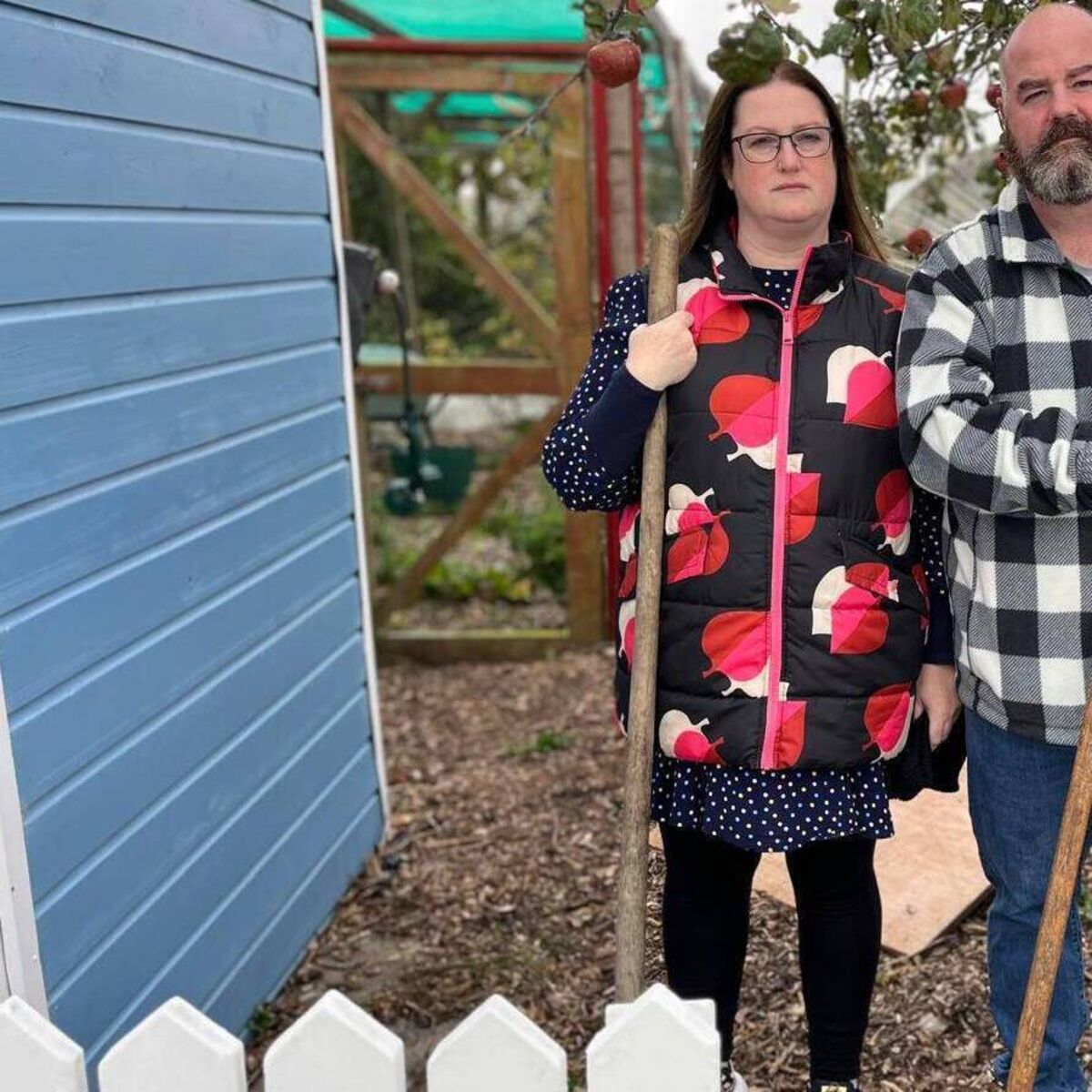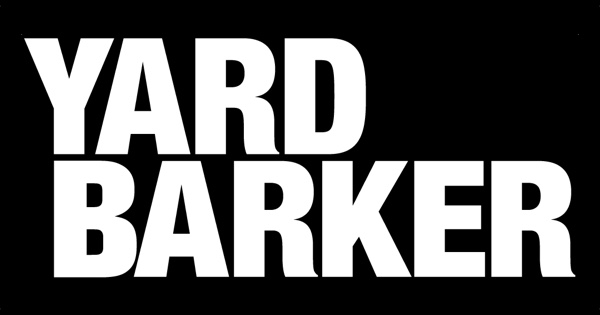Copyright irishexaminer

The official regulator for banking in Ireland, the Central Bank, assumed that the banks were behaving beyond reproach. For all their financial experts and staff, the Central Bank had never learned that to assume is to make an “ass” out of “u” and “me”. Even after the demise of the Irish economy and the banks bailout, they continued to assume that everything was fine. Speaking on the first episode of RTÉ’s documentary on Monday night, Trackers: The People v The Banks, Patrick Honohan, former governor of the Central Bank, suggested they were blinded by the volume of mortgages in arrangements and arrears. This made them take their eyes off the ball, he said. The Central Bank’s own documents say they challenged the banks several times before they mandated the full tracker mortgage examination. Honohan described the behaviour of the banks as “sharp practice”, something the Oxford English Dictionary says is dishonest or barely honest dealings. In the context of the tracker scandal, this feels generous for the banks’ actions which impacted over 42,000 mortgage customers, their families, and by extension their communities. In stark contrast to the first episode of the Trackers documentary, DJ Carey, a former Kilkenny All-Star hurler, was jailed on the same day for five-and-a-half years for defrauding people out of over €400,000. You might wonder what happened to the banks and all those who washed their hands of the issue for many years before the trackers were tackled. Last week, the only banking official who was sanctioned for their part in the scandal, former chief executive of Permanent TSB David Guinane, announced his intention to appeal an €80,000 fine for his part in refusing PTSB customers their contractual tracker rates. To date, no similar sanction process has been initiated against any other banking official in Ireland. If we are to believe that the pillar banks blinkered those in power, then there must be wider accountability. There has never been an external investigation into those who failed to act when families were needlessly struggling, suffering from ill health, losing their homes, and, in some cases, losing their loved ones. I have no doubt that there were thousands of letters and emails sent to those in power asking for help and reporting discrepancies at the height of the crisis. It’s likely that looking inwards is not something that politicians or bankers would welcome. Our mortgage arrears resolution process At every turn Ulster Bank rolled obstacles in my way. I’d hand over our documents to every independent assessor and ombudsman request on time and answer their questions at length. The bank dragged their feet and requested extension after extension in their attempt to wear my family down. There was a widespread assumption that once customers were returned to their correct rates that the harm had ceased. From the banks’ point of view, those who got their tracker rates back should be appreciative of their tracker rates and put the entire debacle to one side. Should I have accepted my lot and moved on? As a family we were caught between redundancy and shortened working hours and we were really struggling to make ends meet when we were told we couldn’t return to our tracker rate. I completed the mortgage arrears resolution process seven times and had to justify every single cent we earned and paid. That arrears process was tone deaf and the bank examined our financial statements every time to see where they could eke more money out to pay our debts. We did our best with less. The Personal Insolvency Act took effect in 2012 and the recommended living expenses at the time for a similar-sized family was a multiple of my household budget. The bank chose to ignore the Act because their arrears process was a personal, informal arrangement which they could manipulate to balance their books, at our expense. Our only car was too expensive to maintain, according to the bank, who suggested that my husband could use public transport instead. They must have missed the employment part of the form, because he was a school bus driver whose yard was not on a public transport route. John started to service and maintain the car himself to save money. We were spending too much on food for our family of two adults and three children. We rented an allotment and started to grow our own food, getting our weekly food budget down to €70 per week. Could we not get rid of the allotment, they asked? The annual cost of rent and seeds was less than €1 per day. The pressure was immense. I will never forget feeling obliged to hold a call with an arrears adviser seven weeks after our third child was born with a hole in his heart. Our son was extremely sick in Tallaght Hospital on oxygen, and I was barely sleeping on a foldout bed under his cot and pumping milk to tube feed him. It’s a sign of how crushed under the thumb of debt we became that John and I agreed another mortgage arrears resolution process that evening. We held the phone between us on speaker in that hospital room, worrying over our baby who was struggling to breathe, while we were suffocating under our obligations. To this day I find it upsetting to think about. It’s still astonishing to me that much of what we went through was needless. That’s what’s so shocking about the tracker scandal. There was no need for this stress or heartbreak. If the banks had been true to their obligations and contracts, many customers would have been saved from years of penury and worry. Those who watch the second episode of the documentary next Monday will learn more about the fallout from the tracker mortgage examination; how the compensation and supposedly independent appeals process worked. Along with other mortgage holders, financial advisers, and journalists, I never stood to one side, and we refused to back down in the face of relentless bureaucracy. Caitriona Redmond is the Irish Examiner's consumer columnist. She is the guest on today's episode of The Deirdre O'Shaughnessy Podcast, discussing her experience of the tracker mortgage scandal.



